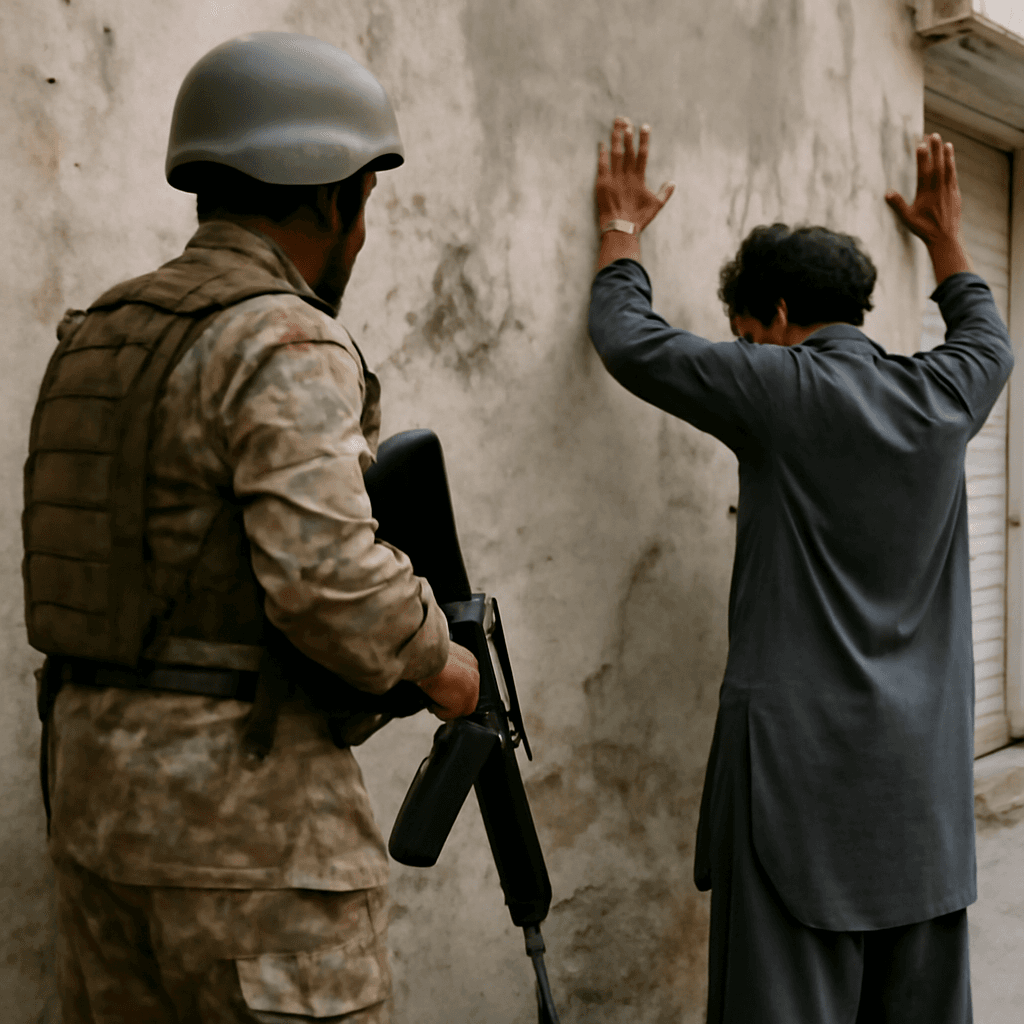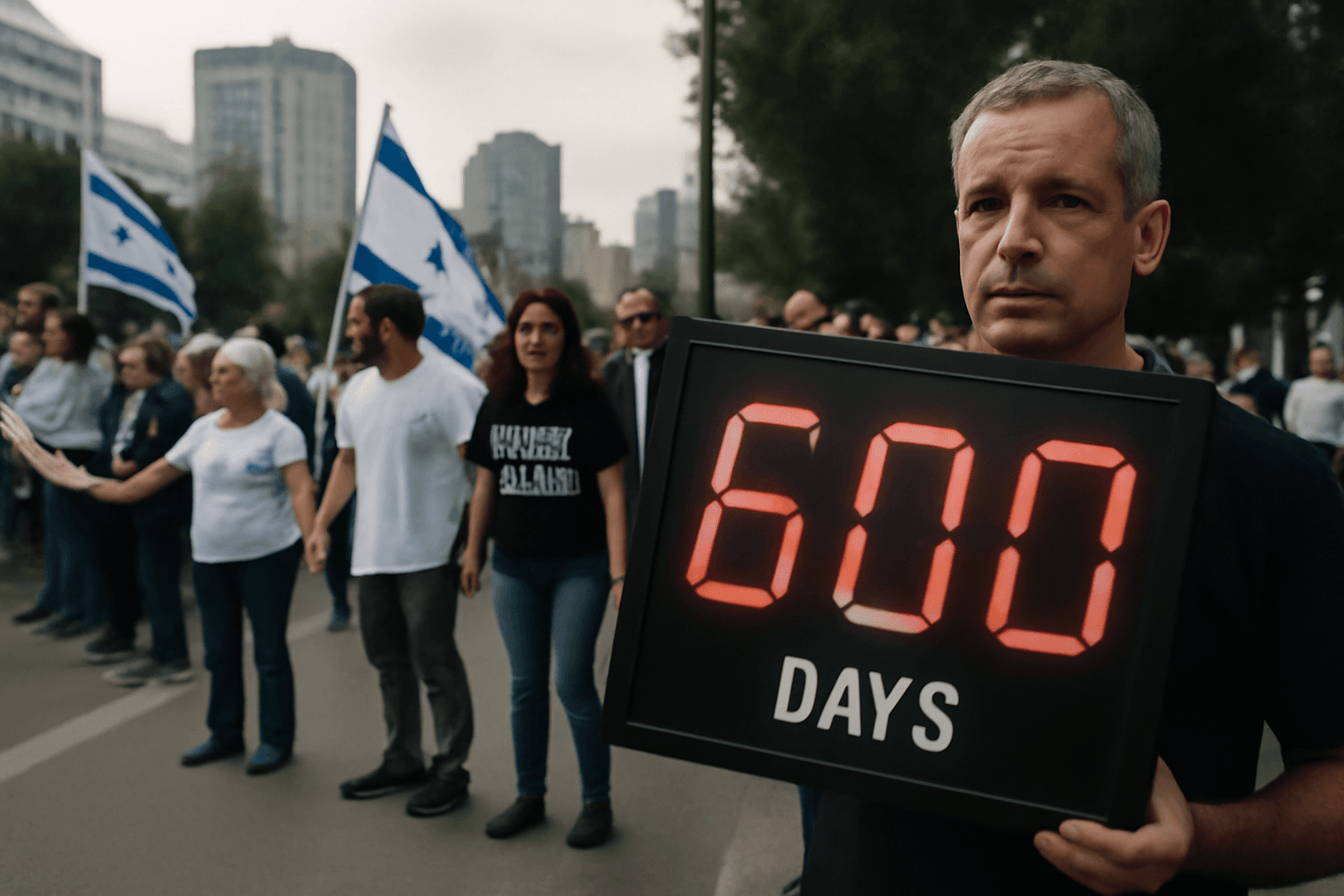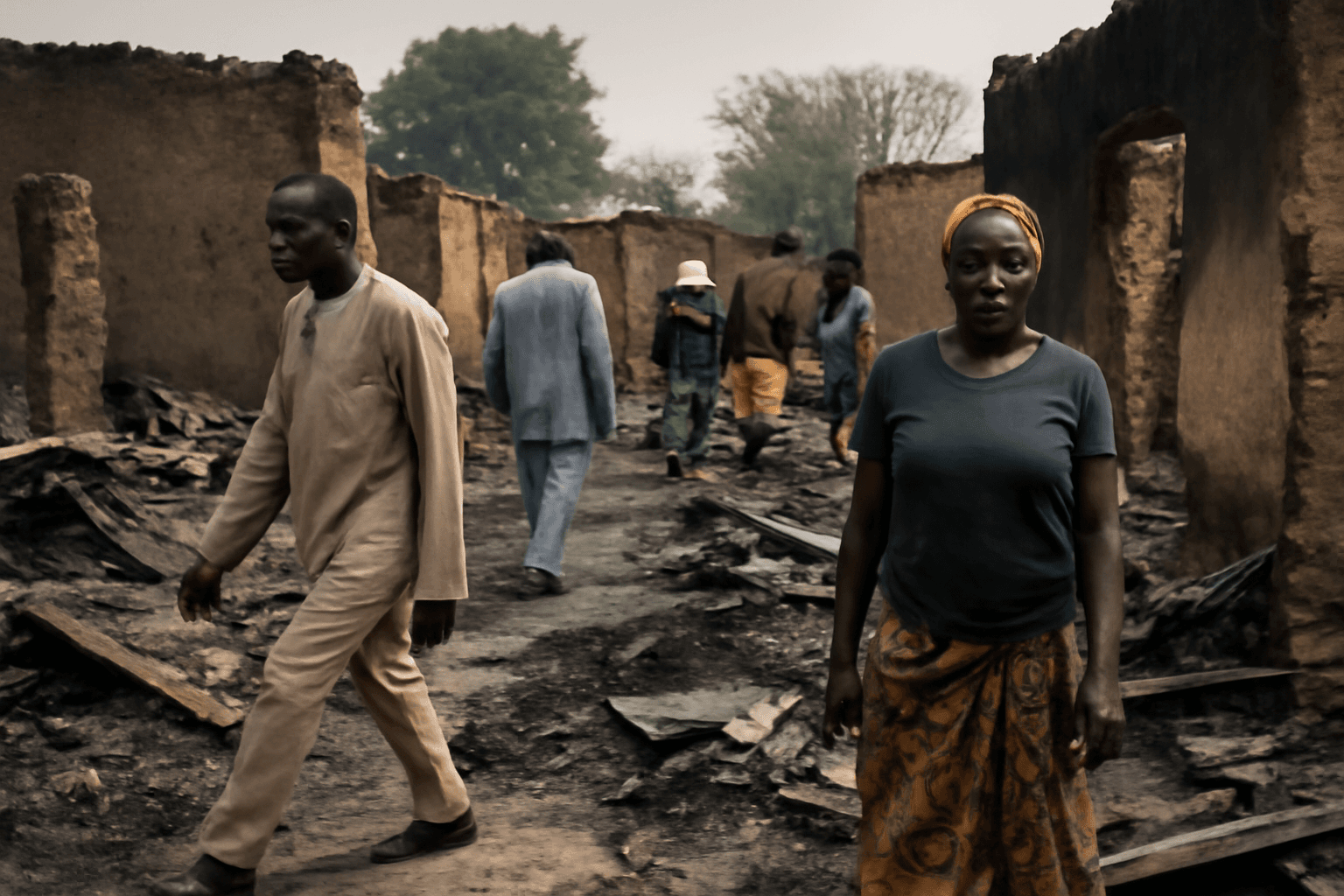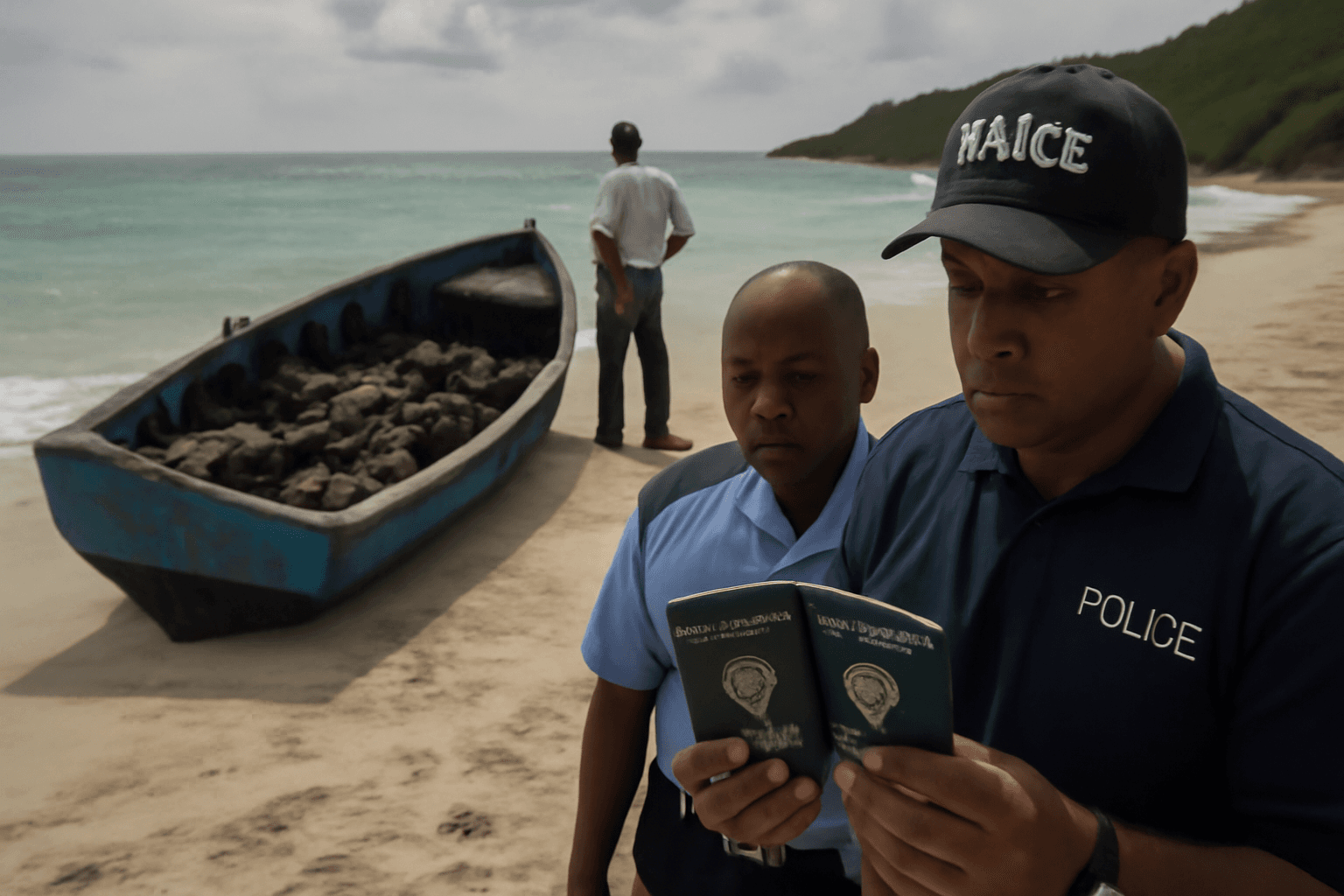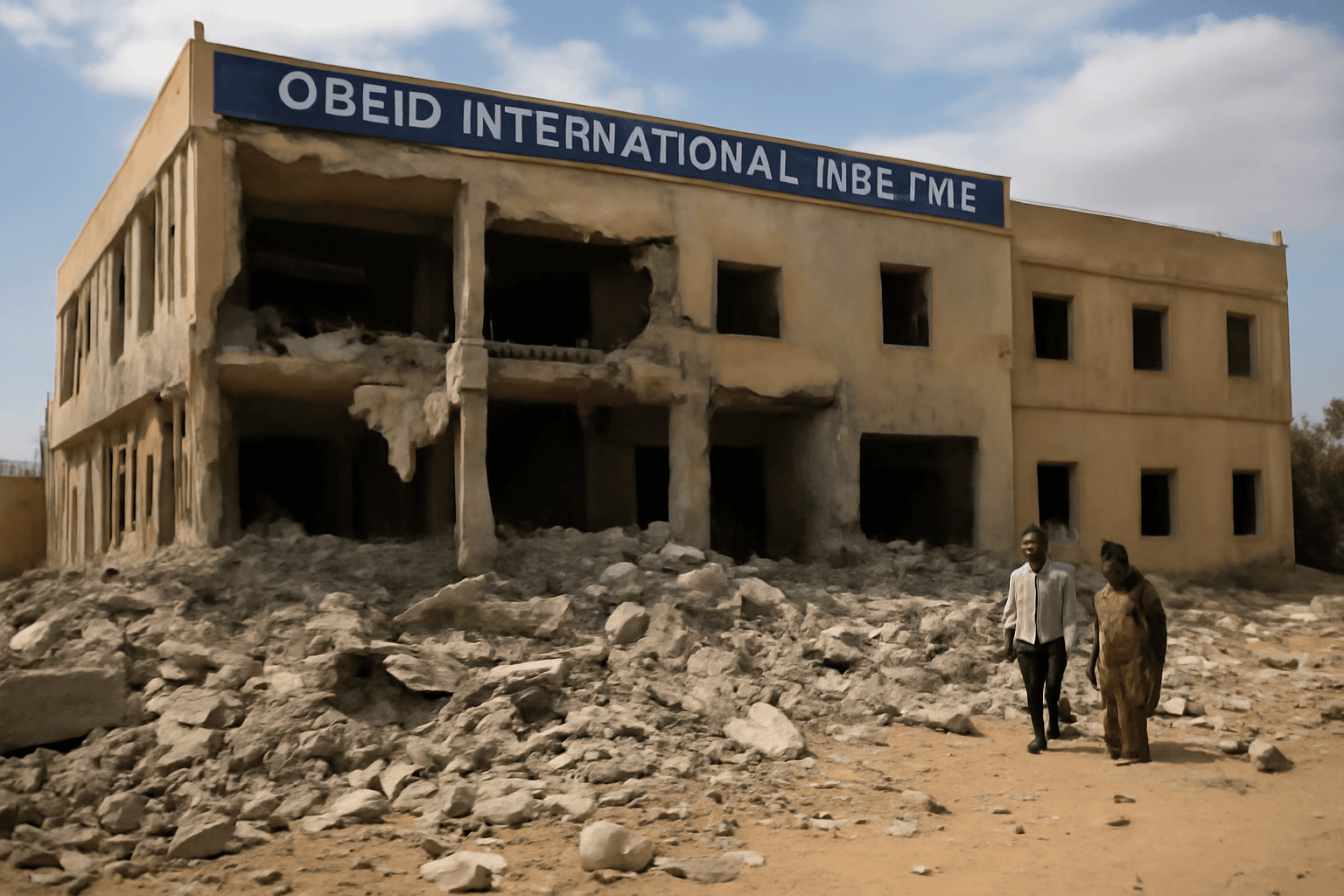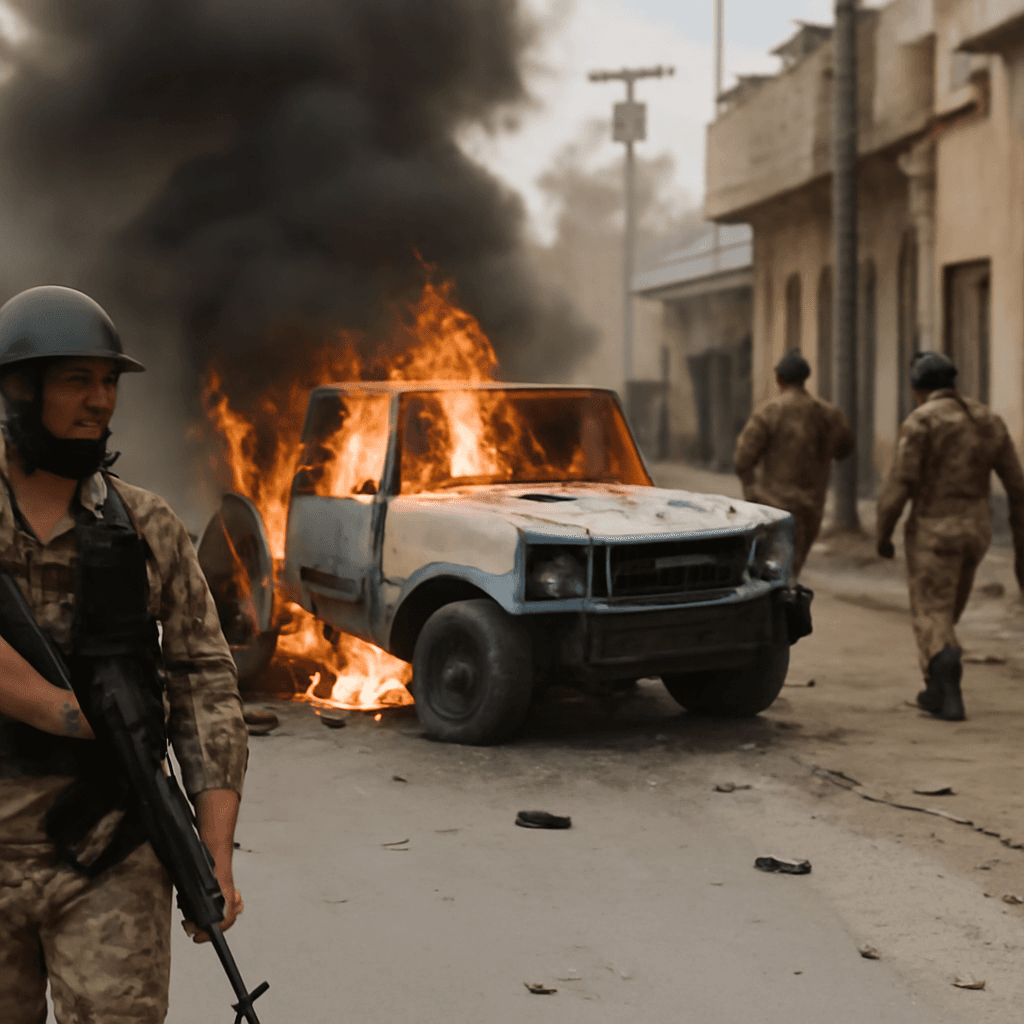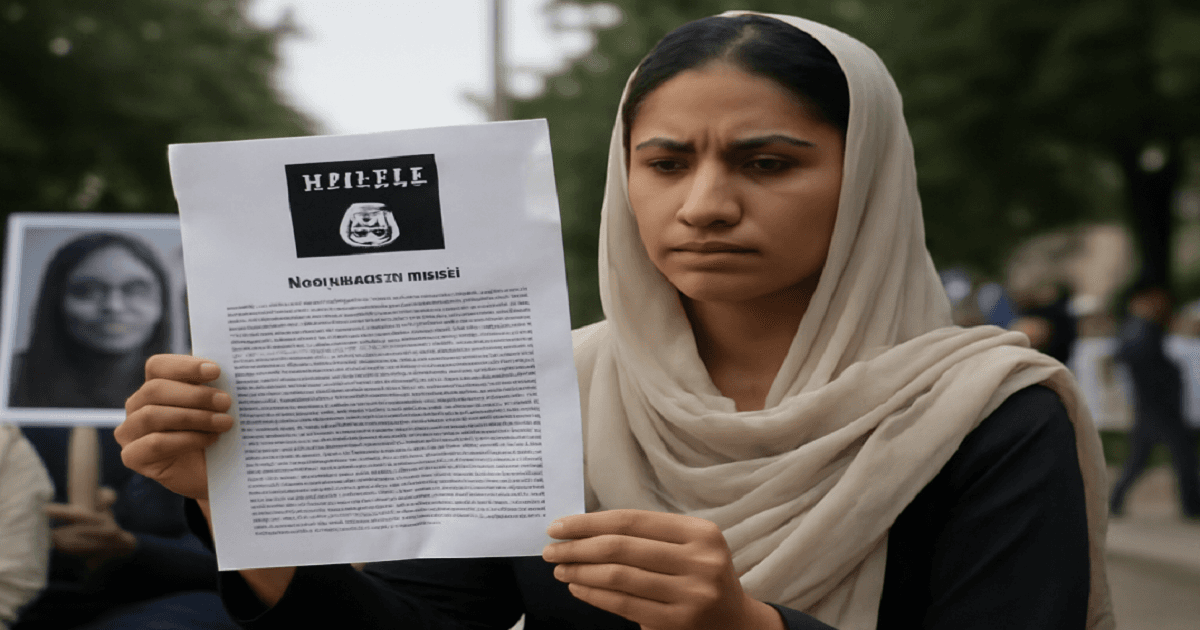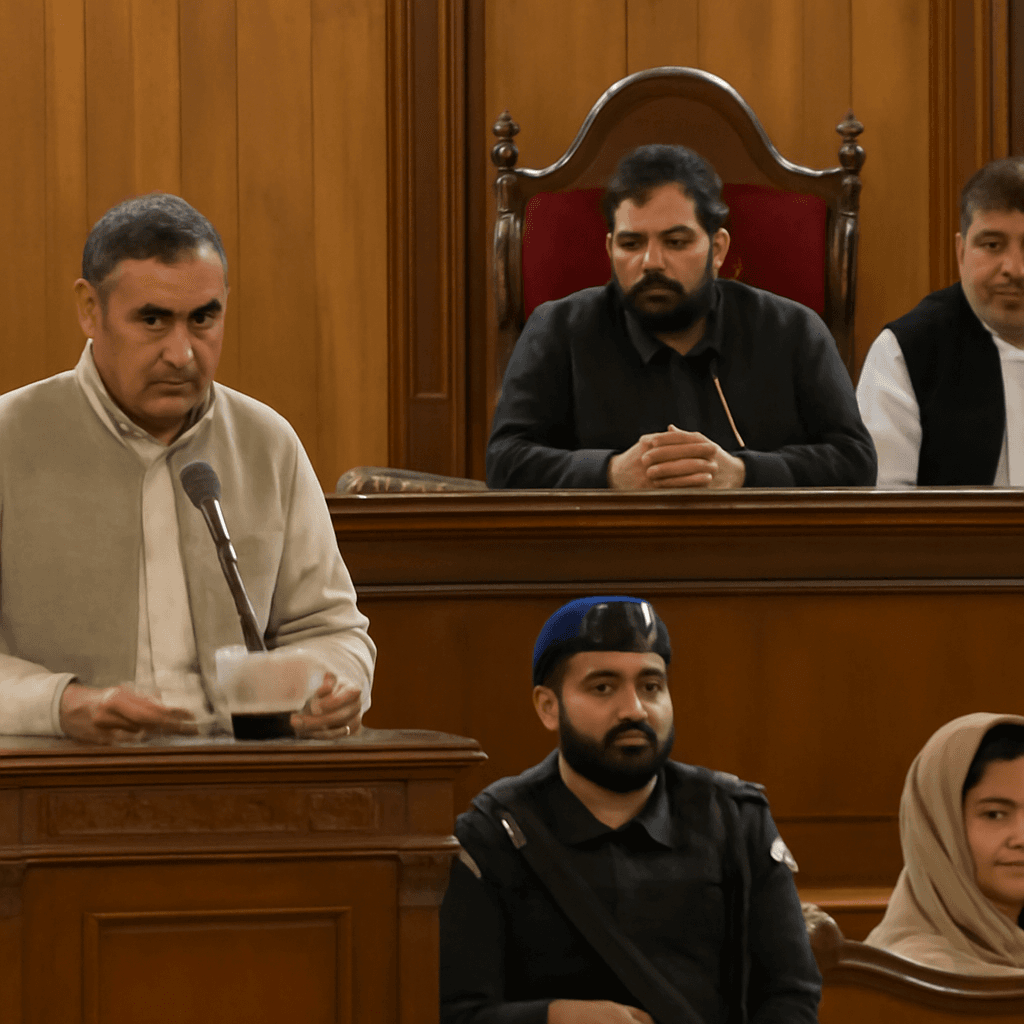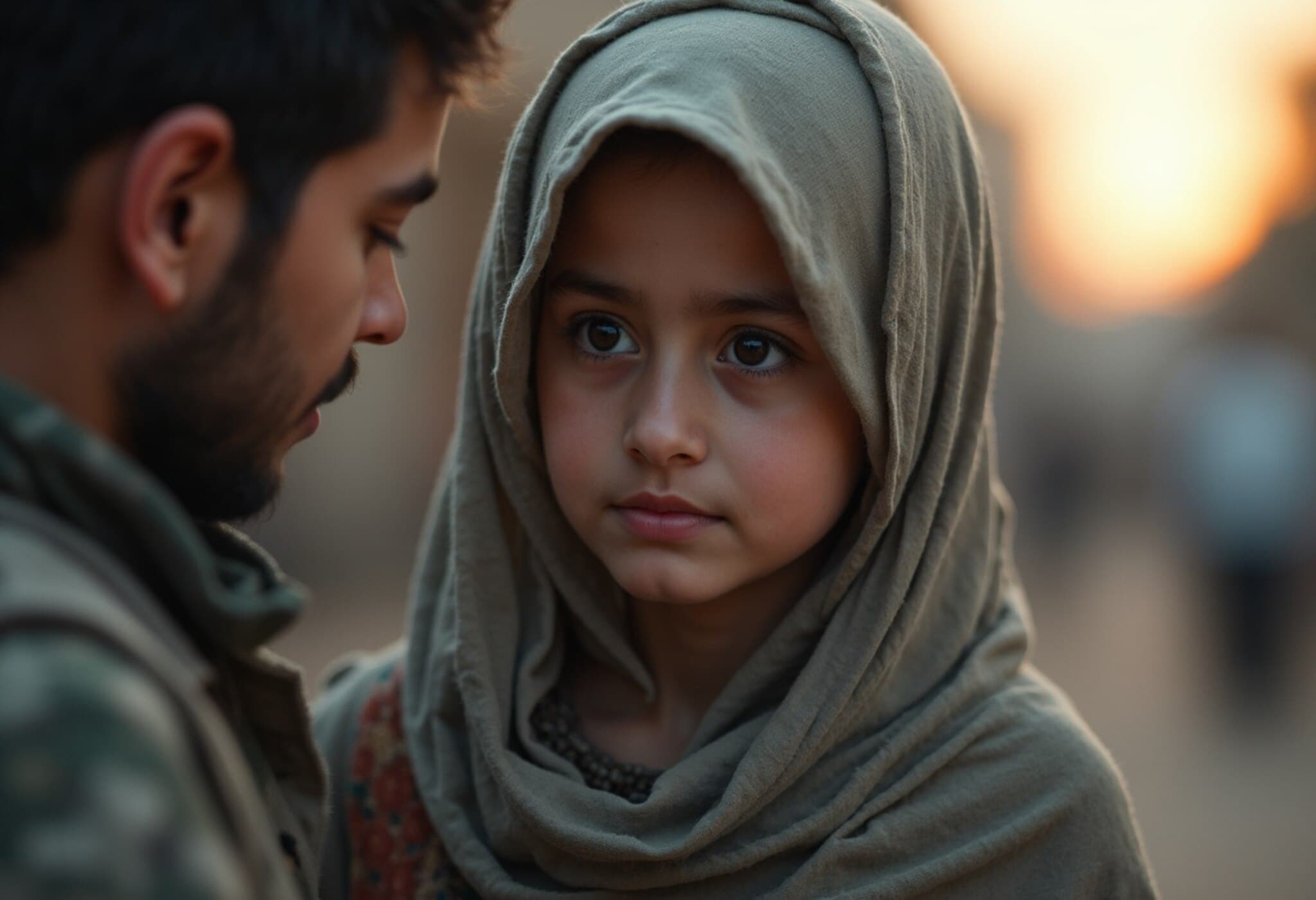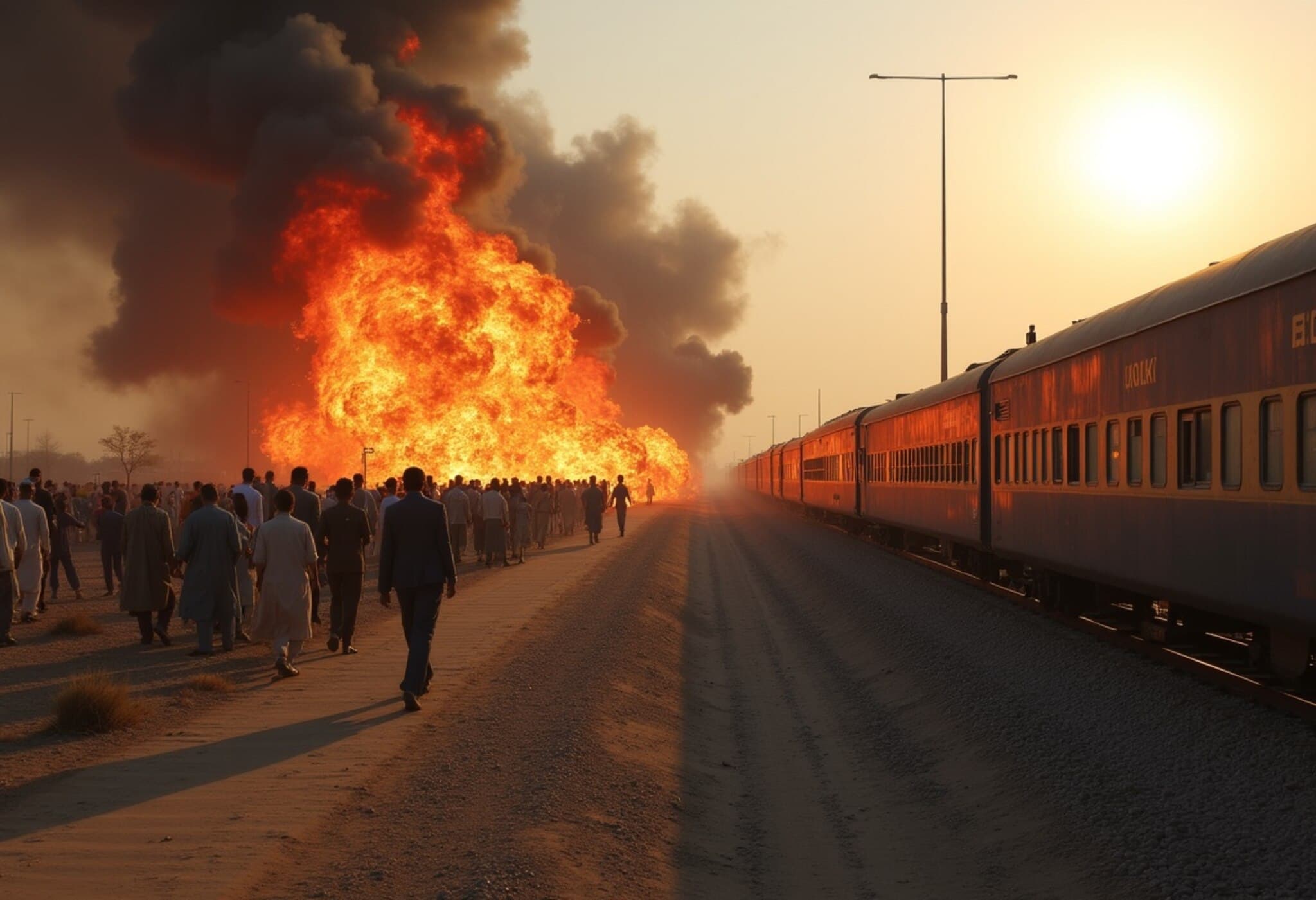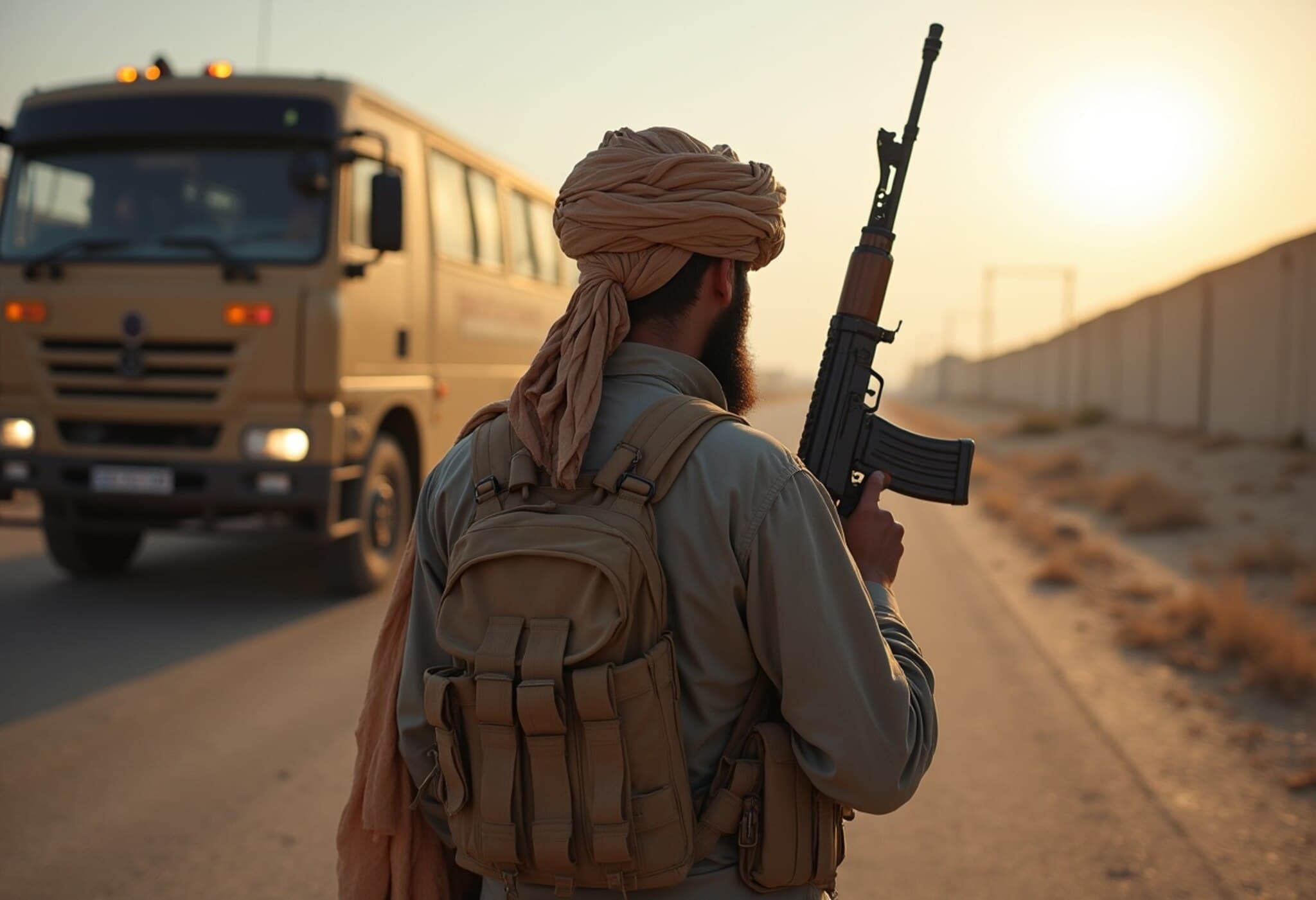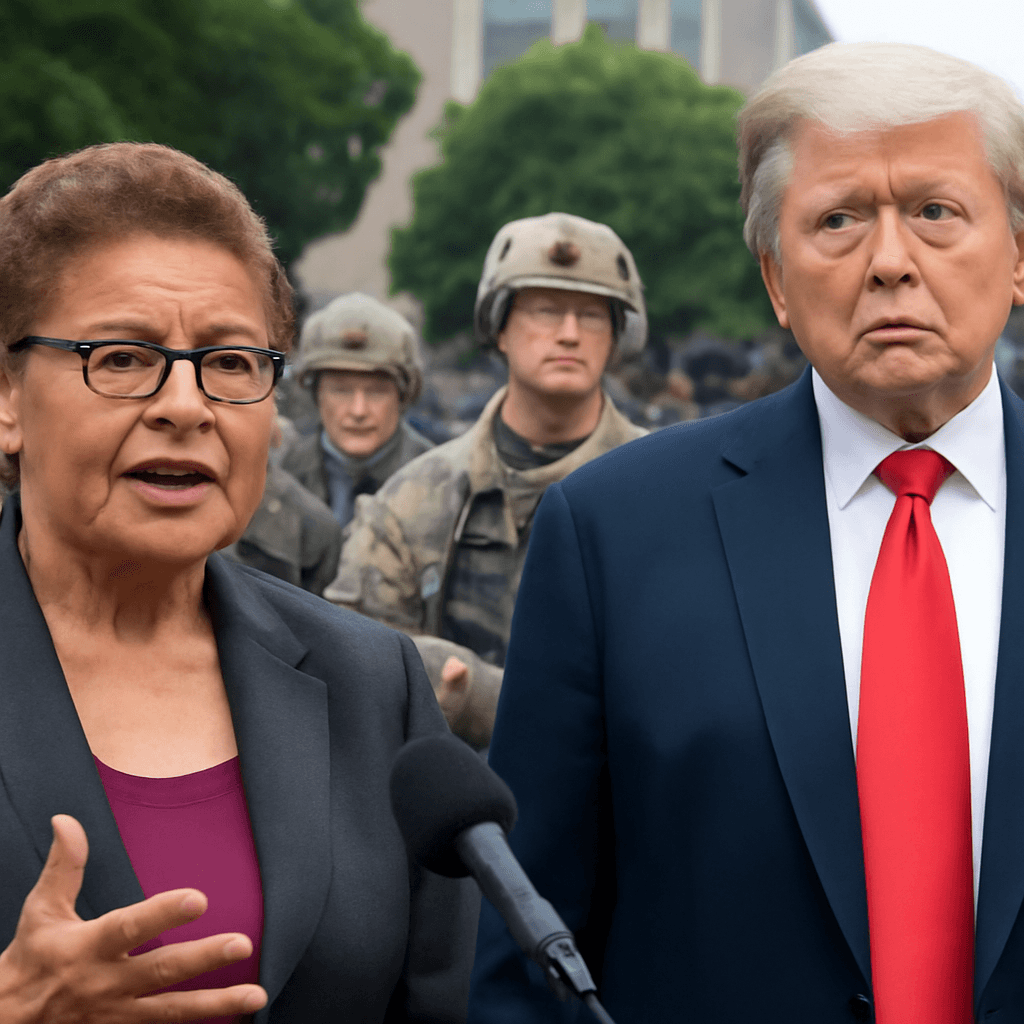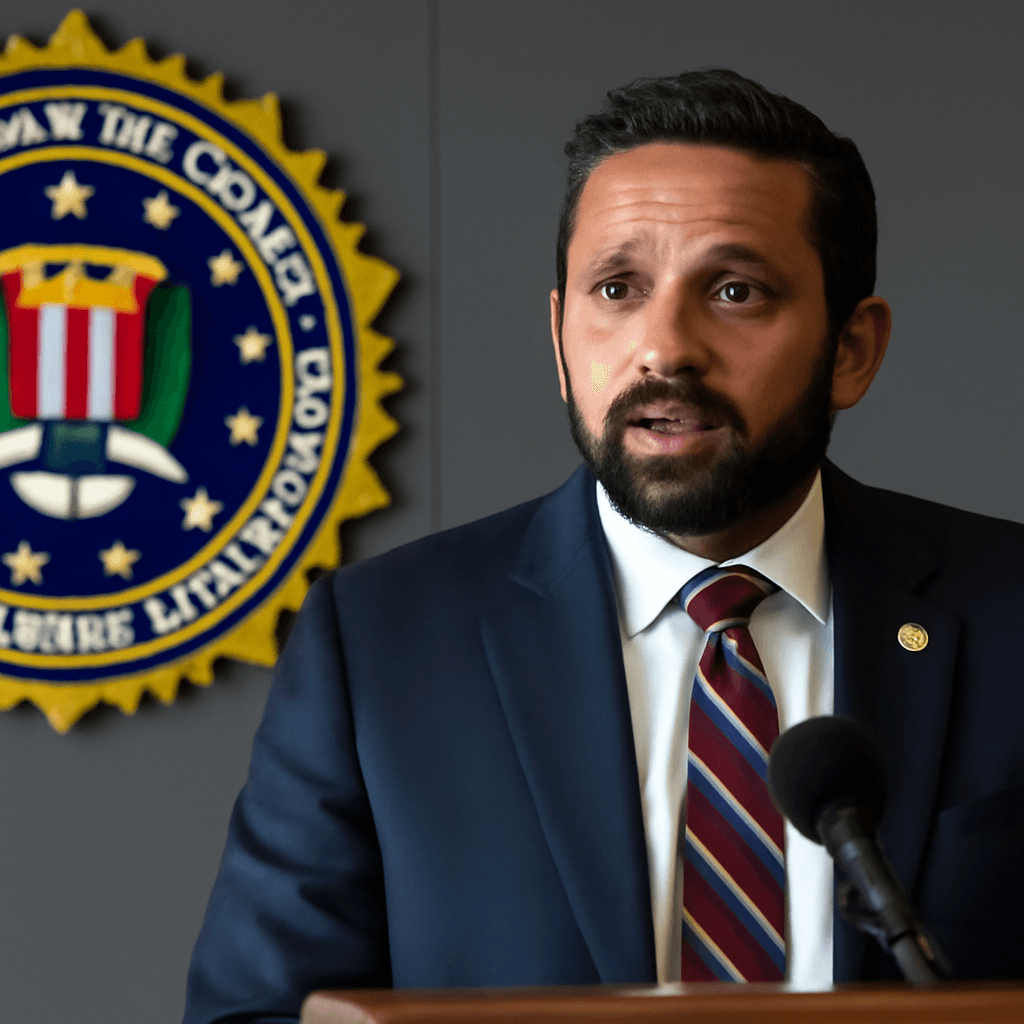Pakistan's New Law Sparks Outrage Over Extended Detention of Baloch Civilians
The Balochistan Assembly in Pakistan has recently approved a contentious law permitting security agencies to detain Baloch civilians for up to 90 days without judicial review. This move has raised alarms among human rights advocates who warn that the legislation strips away legal safeguards and may institutionalize abuses long reported in the region.
Expanded Powers for Security Forces
The Balochistan Amendment Act 2025 enables Pakistan’s military and intelligence units to imprison individuals primarily on suspicion, foregoing any requirement to file charges promptly. Joint Investigation Teams are now authorized to issue detention orders and subject suspects to ideological profiling. Additionally, military personnel will join oversight bodies, diminishing the civilian oversight traditionally present in law enforcement activities.
Concerns Over Human Rights and Legal Violations
Under the new statute, law enforcement agencies gain sweeping authority to search properties, arrest, and confiscate assets without prior court approval. Advocates argue this legal framework opens the door to mass abuse, unchecked surveillance, and systemic repression of communities in Balochistan.
Critics highlight that enforced disappearances have been a grim reality in Balochistan for decades, with families left without information on missing loved ones. Many see this law as a legislative endorsement of such dark practices, effectively turning the region into a zone where civil liberties are suspended.
Outcry From Activist Groups
Human rights groups have condemned the legislation vehemently, describing it as a step toward the militarization of civilian life. One notable statement declared, "This Act transforms Balochistan into a legalized detention zone." Comparisons have been drawn between the tactics sanctioned by the law and oppressive regimes of the past, including Nazi Germany, underscoring the severity of the crackdown.
Further intensifying the controversy, legal experts note that the Act contravenes Article 10 of Pakistan’s Constitution and breaches obligations under the International Covenant on Civil and Political Rights (ICCPR).
Calls for International Intervention
In response, Baloch rights organizations have appealed to the United Nations, global human rights bodies, and the international community to exert pressure on Pakistan to repeal the law. Their rallying cry is clear: "Silence now is complicity."
As this crisis unfolds, the spotlight remains on Pakistan’s treatment of its Baloch population and the broader implications for human rights within the country.

